Our Story
As we share our own narratives, we eagerly invite you to share yours as well, so we can connect, understand, and support one another.

About Us
Our origin story
Hello! I'm Nicole, the Founder of Tourette Support & Education, a 501(c)3 nonprofit organization. Beyond that, I'm a mother, wife, teacher, designer, and eternal learner. My passions lie in art and design, teaching, travel, and the great outdoors, all of which inspire me deeply. Despite living with Tourette syndrome and obsessive-compulsive disorder, I refuse to let them hinder my enjoyment of life. I firmly believe in the transformative power of positivity, which has fundamentally reshaped my perception of Tourette syndrome.
I have a master’s degree in Communication Design with a concentration in Innovation Studies, and a minor in Cultural Anthropology from the University of North Texas. I am currently a Professor at the Milwaukee Institute of Art & Design (MIAD) in Milwaukee, Wisconsin, where I joined the faculty in 2014. Teaching brings balance to my life, offering me the opportunity to channel my creativity and contribute to a greater purpose. Whether I'm engaged in one-on-one sessions, facilitating large group discussions, or active in our community, I derive immense motivation and joy from collaborating with others and supporting them in unlocking their full potential.
In 2023, my proposal to establish and brand a support group for Tourette syndrome was approved, granting me a year-long sabbatical to dedicate to this endeavor. My vision is to cultivate a welcoming and nurturing environment where individuals can freely share their experiences, acquire knowledge, and extend and receive genuine support.
Tourette syndrome can be a complex tapestry of emotions and behaviors, often overwhelming to navigate. My own family faced considerable challenges during my adolescent years, but through our journey, I've come to realize that understanding Tourette syndrome isn't something that can be achieved in isolation. Having a supportive community of people who truly understand one another, can be transformative.
My oldest son has motor tic disorder and obsessive-compulsive disorder, while my youngest son has Tourette syndrome, obsessive-compulsive disorder, and tendencies of Oppositional Defiant Disorder. We talk about these conditions with pride, and we also rely on effective communication and mindfulness to confront our challenges together. We encourage each other to identify positive lessons from the hurdles we encounter in hopes a new perspective may be revealed. This is how we try to support one another in our home, and it has been our lifeline.
I've witnessed firsthand the invaluable support that comes from connecting with others facing similar challenges. Community can be another lifeline. Identity can play an important role in helping to establish a community, as it shows the world something exists, and also gives form and life to an idea. During the creative process of developing Tourette Support & Education's visual identity, I involved both of my sons in a unique exercise. Using bingo daubers, crayons, and oil pastels, I encouraged them to freely express themselves on paper, allowing their tics to naturally influence their artwork. The result was breathtaking—their tics beautifully captured on paper, serving as the primary visual element for our support group. While Tourette syndrome may not always be perceived as beautiful, it's essential to acknowledge those moments when it is. It's within these moments that I believe individuals can truly learn to embrace and love themselves.
My familiarity with Tourette syndrome is all-encompassing, and I will draw upon these experiences to organize and facilitate the support group meetings. I firmly believe that by coming together, we can create a positive impact on each other's lives through encouragement, support, and genuine care. I invite you to join us every first Wednesday of the month as we strive to make a difference together.
Our Service
Enhance your understanding of Tourette syndrome in a supportive environment where individuals can freely share their experiences. Our gatherings offer a platform for mutual learning and empowerment, enriched by guest speakers who bring insights on various topics such as personal triumphs, educational strategies, and effective coping mechanisms. If you're passionate about contributing your perspective as a speaker, we welcome your involvement. Please reach out to us to explore speaking opportunities and join the conversation!
We offer a scholarship program designed to provide financial assistance to individuals seeking to attend Tourette Syndrome summer camp and related conferences. Our goal is to enrich the lives of children and their families through education, community, and unforgettable experiences. To learn more, please follow the link below.
Application Guidelines for Tourette Camp or Conference
To apply for Tourette camp or a Tourette-related conference, please include an essay introducing yourself and explaining your motivation for attending. This is a wonderful opportunity to share your personal journey and insights regarding Tourette Syndrome.
Essay Requirements:
- Introduce yourself: Share your background, interests, and connection to Tourette Syndrome.
- Explain your motivation: Discuss why you want to attend the camp or conference, including what you hope to learn or gain from the experience.
Please email your completed essay to info@tourettesupport.org. Our supoprt group is free to join and provides valuable resources and community support. We look forward to your submissions and appreciate your interest in joining our community. Thank you!

OUR TEAM
Hello! My name is Jordan Stiede, and I'm a licensed clinical psychologist specializing in the assessment and treatment of children, adolescents, and adults with Tourette syndrome, anxiety, and obsessive-compulsive related disorders, such as obsessive-compulsive disorder (OCD), trichotillomania (hair-pulling), and excoriation (skin-picking). I earned my Ph.D. in Clinical Psychology at Marquette University under the mentorship of Dr. Doug Woods, and I currently work at a private practice called the Center for Anxiety Disorders in Brookfield, WI.
Prior to my first semester in graduate school, Dr. Woods suggested that I serve as a counselor at an overnight camp for 150 children with tic disorders. At the camp, I got to have fun playing games and swimming with kids in an environment where others understood the difficulties related to their tics. I also had the opportunity to watch a camp psychologist use behavioral techniques to help children manage their tics in this setting with many tic exacerbating stimuli. This crucial experience fostered my interest in treating children with tics, and several years later, I served on the camp’s board of directors where I helped develop educational and supportive programs to benefit those with tics and their families.
I have a variety of clinical experiences in outpatient, partial hospitalization, and inpatient/residential settings, and at my practice, I approach intervention through a theory-guided, evidence-based framework. I utilize comprehensive behavioral intervention for tics (CBIT), cognitive behavioral therapy (CBT), exposure and response prevention (ERP), and habit reversal training (HRT). Additionally, I have been engaged in clinical research focused on the assessment and treatment of tics and related disorders and have published 25 original research articles in professional peer-reviewed journals, three book chapters, and co-edited one book.
I look forward to working with this Tourette Support Group to help educate individuals with tic disorders and their families.
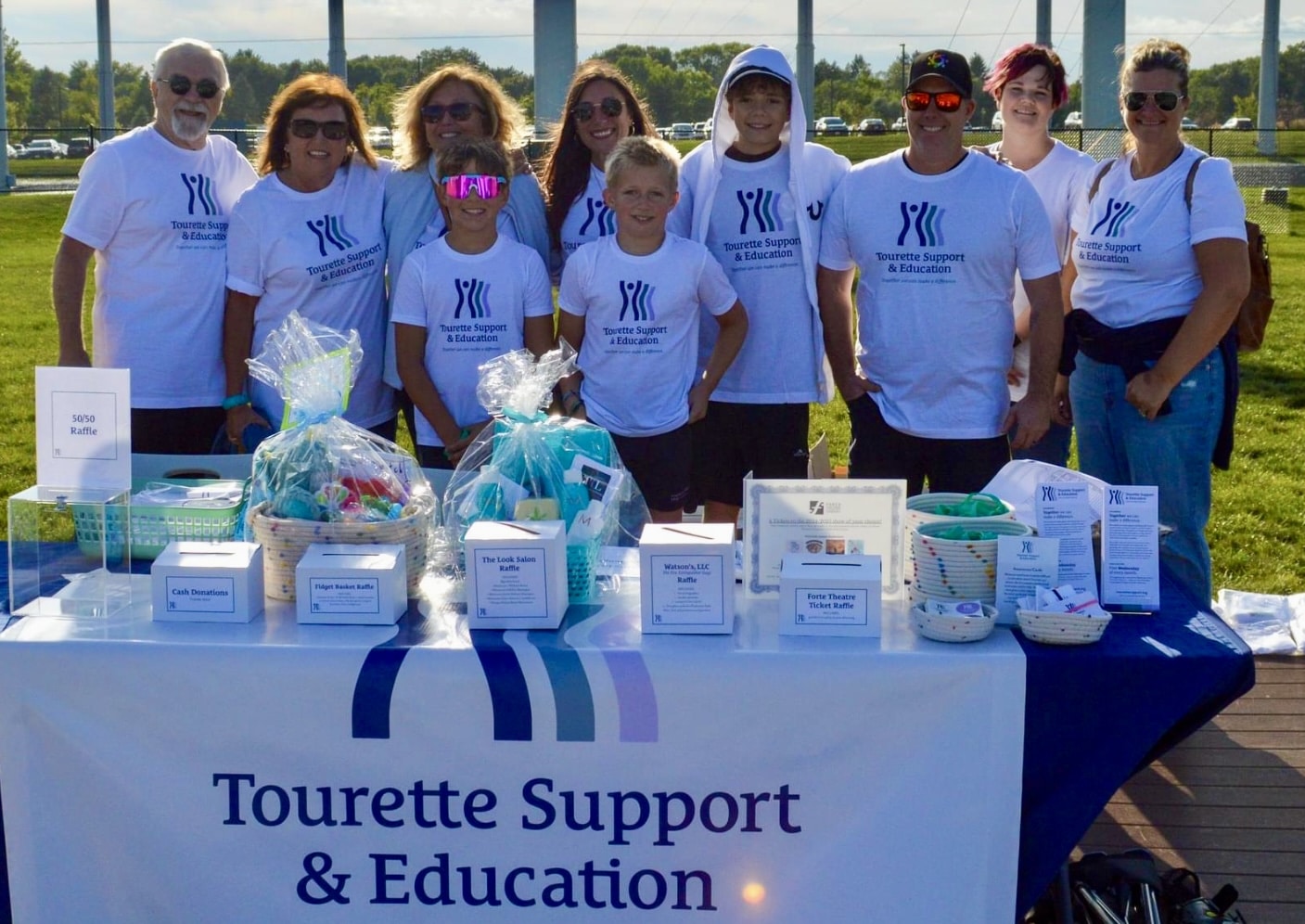
Board members &
community sponsors
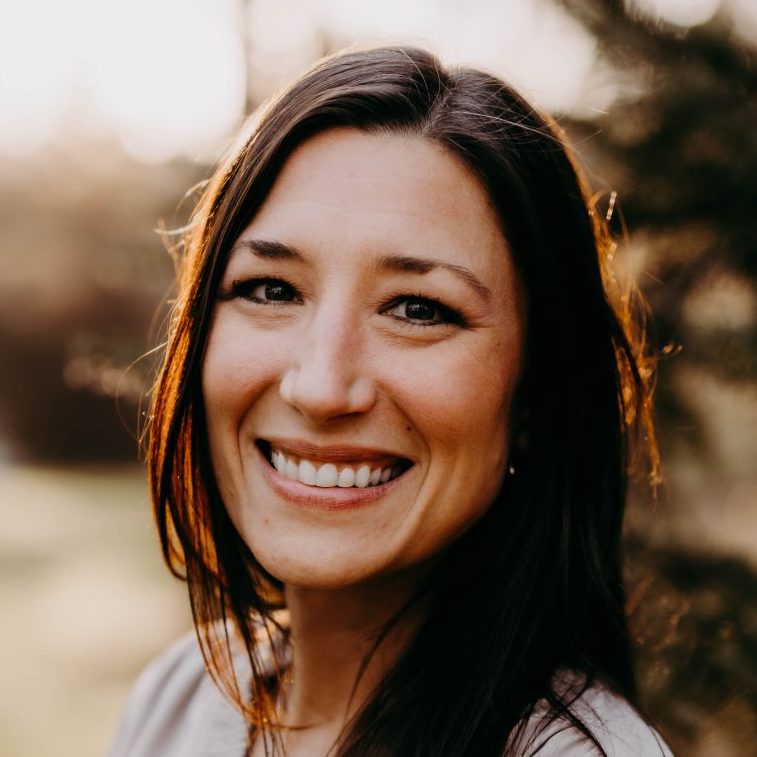
Nicole Hauch, Founder & President
Professor, Milwaukee Institute of Art & Design (MIAD)
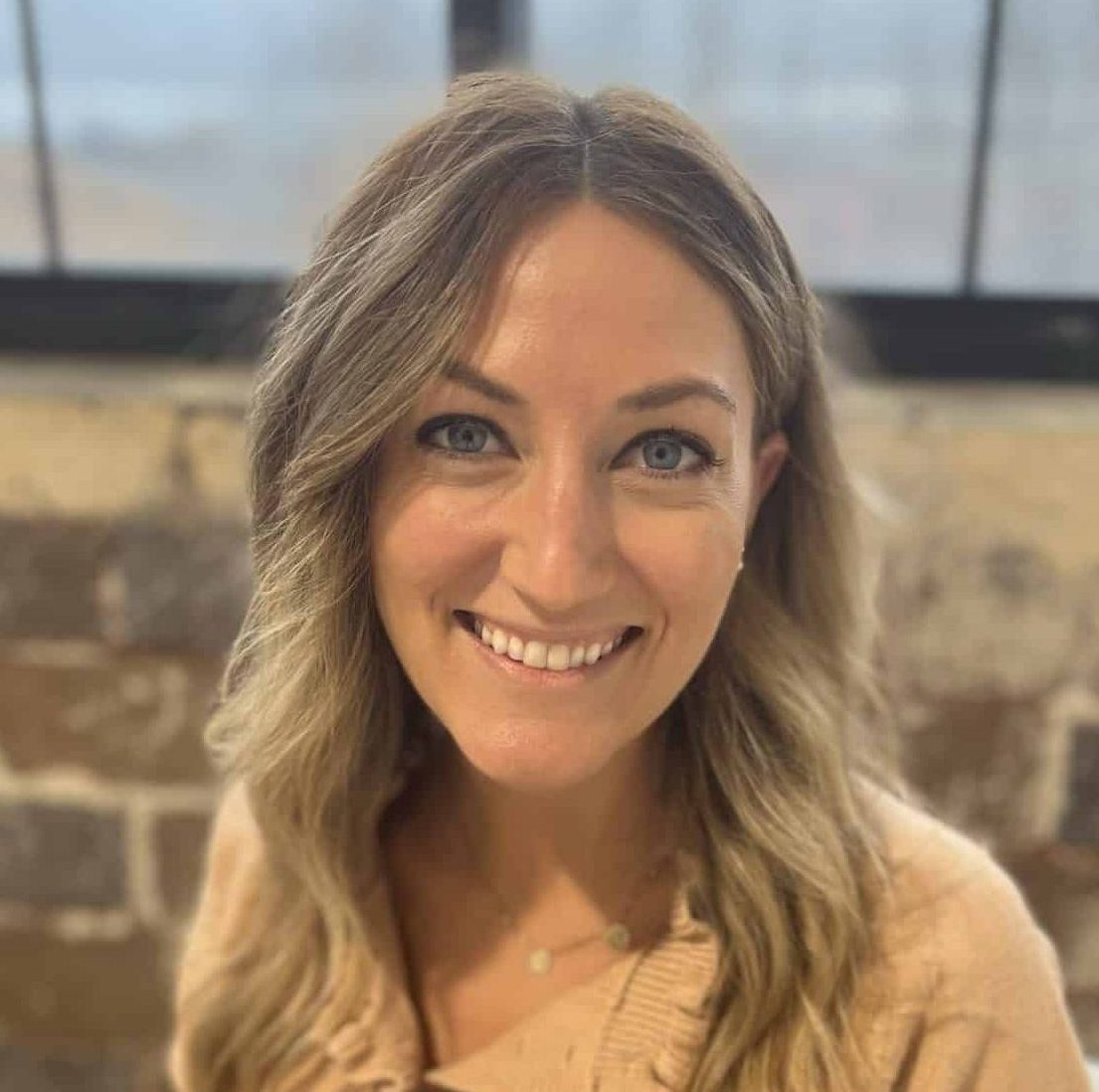
Lauren Konicek, Vice President
Morgan Batten Interiors

Chris Konicek, Treasurer
Operating Partner, Bridgestone
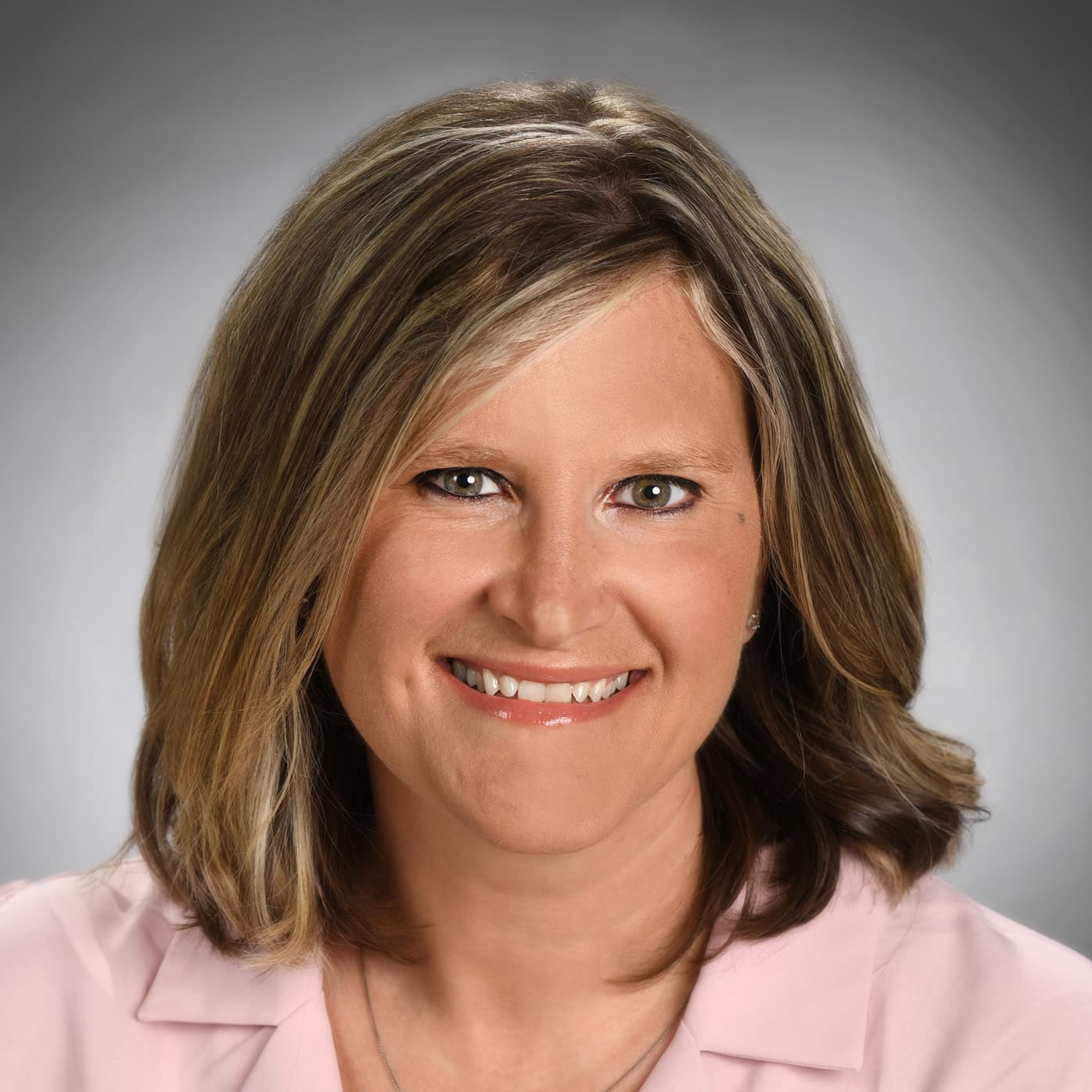
Heather Behling, Secretary
DNP, RN, ACCNS-P Clinical Nurse Specialist, Children's Wisconsin
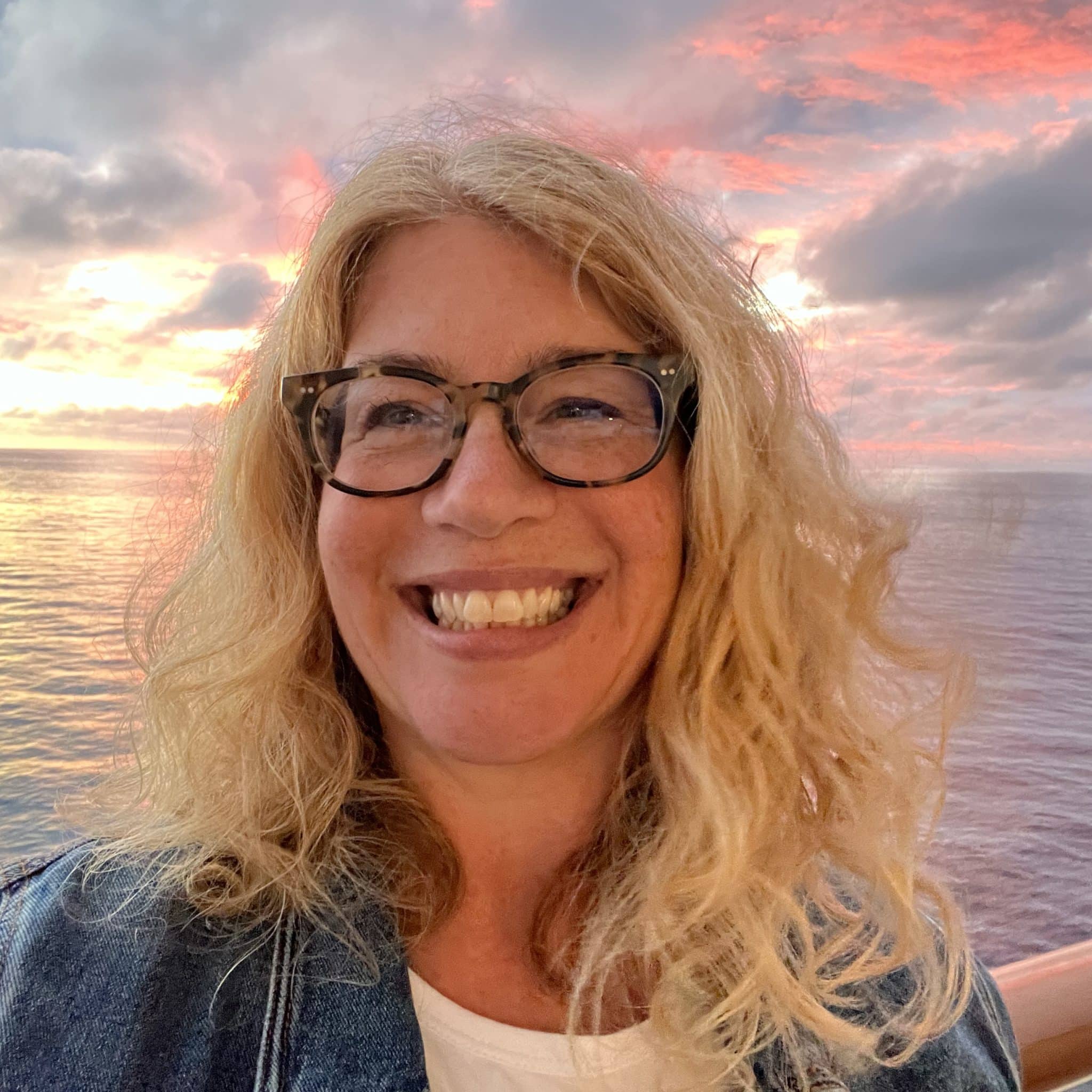
JJ Brojde, Board Member
Professor, Milwaukee Institute of Art & Design (MIAD)

